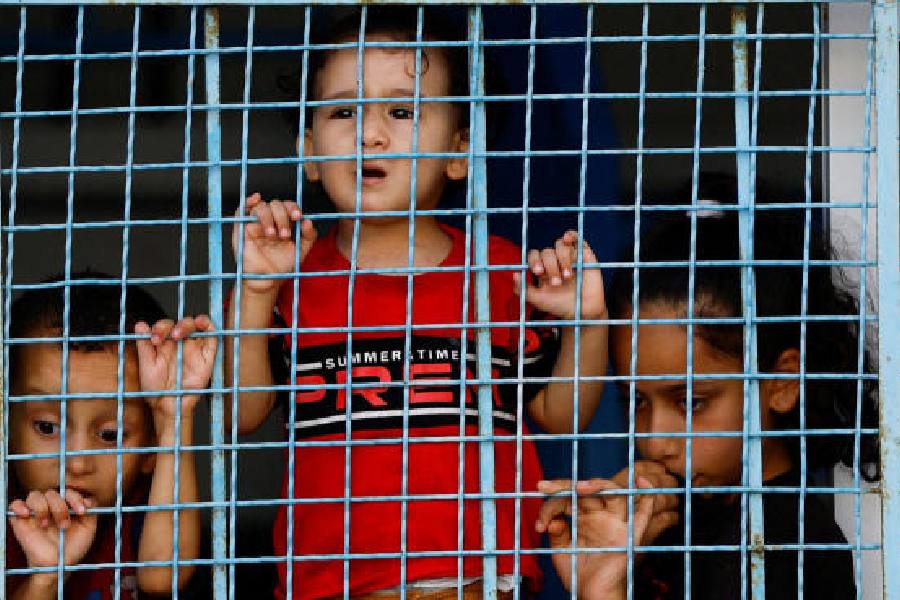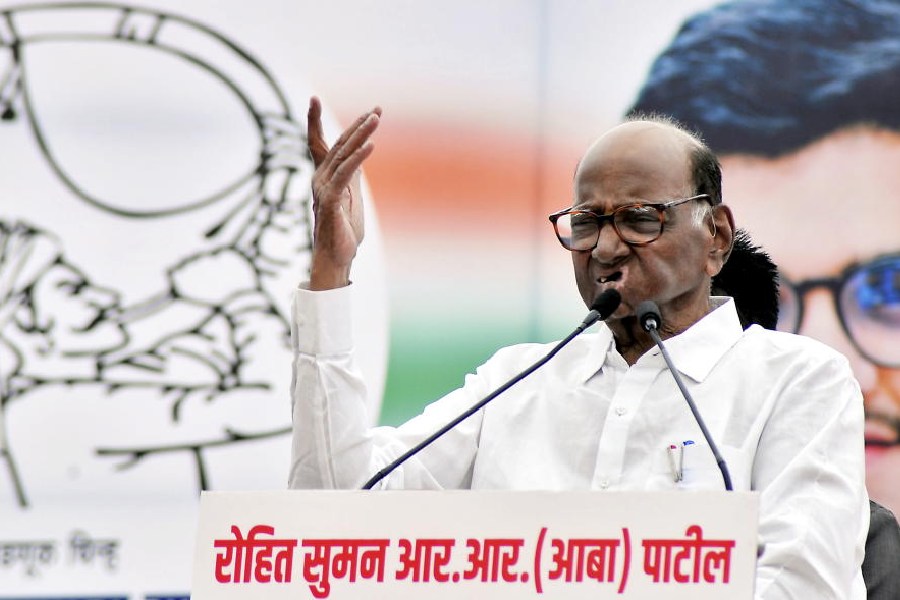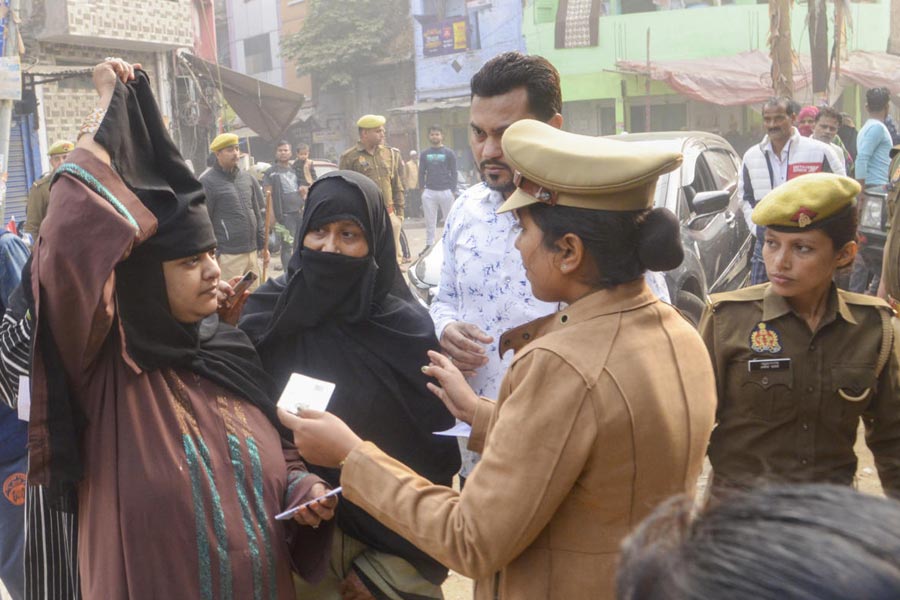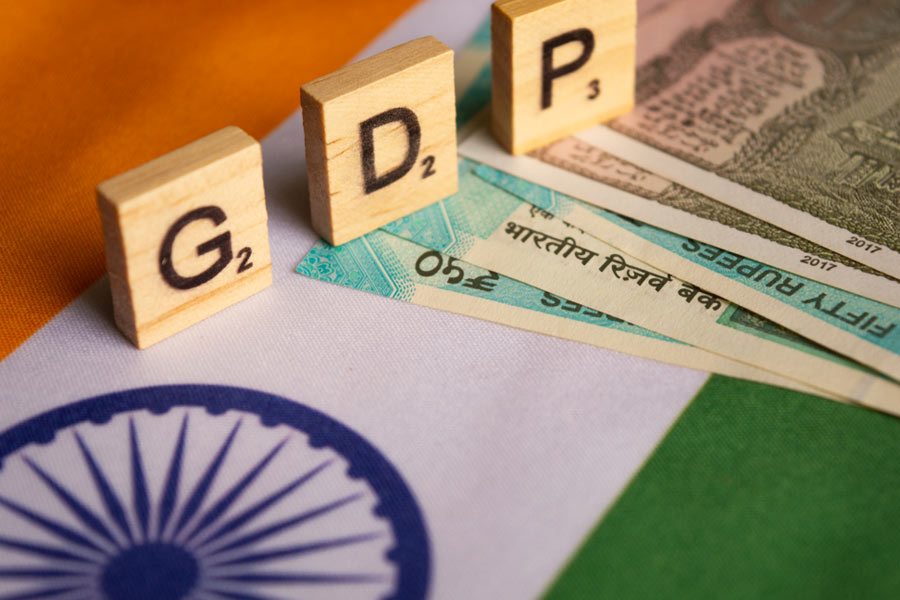Since Israel began bombarding the Gaza Strip on October 7, Aseel Barakat, a university professor, has hardly slept.
For days, she has hidden in an apartment in northern Gaza with more than 20 other people after an Israeli airstrike destroyed their home and “wiped out” their neighbourhood, she said.
Israel started bombing Gaza shortly after a Hamas terrorist attack killed more than 1,400 people in Israel on October 7. A few days later, when Israel warned the more than 1 million people in northern Gaza to evacuate the area, Barakat and her children decided to stay.
“We said, ‘If we leave, where do we go? We would be completely homeless,’” she said. “Whatever happens, well, that will be our destiny.”
The people staying with Barakat are from four families. They mostly spend their time looking for news updates on the war around them and listening to Israeli airstrikes, she said.
The explosions shake the building and fill the air with acrid smoke. It hurts her sinuses, but she feels bad complaining about “minor issues like that”, she said.
“I remind myself I should be grateful to God that I am alive,” she said.
Most of Barakat’s family headed south after the evacuation warning but now regret it, she said. In the chaotic rush to leave, her mother, 65, lost her heart medicine in the back of a taxi. When Barakat’s family got to southern Gaza, they were unable to find shelter together and had to split up.
Her sisters, aunts and mother were able to stay with a family friend. They are now among 50 people staying in a two-bedroom apartment. Her father and brothers sought shelter in a school, “which is very humiliating”, she said.
Her father, 76, called her from a crowded elementary school the other day, weeping.
“He said, ‘I wish I had stayed at home and died there,’” Barakat said.
Before the war, she taught English at two universities in Gaza. She was supposed to submit her doctoral dissertation — on how international news media depict the Palestinians — in December but thinks the war will make that impossible. Now she worries about where to find food. She wonders how long the apartment she’s staying in will have running water.
She and the others hiding in the apartment devise ways to conserve the trickle of polluted water that flows through the pipes, even saving it in plastic shopping bags tied under the faucet.
“We don’t have the luxury to think about whether it is polluted or not,” she said. “We just drink it.” On Tuesday, she and her son went to search for food in the wasteland around them. After walking “a very long distance”, she said, they found a store that was open only because the owner had come to raid his own stocks. He let them take food, too, so they stocked up on rice, lentils and pasta.











